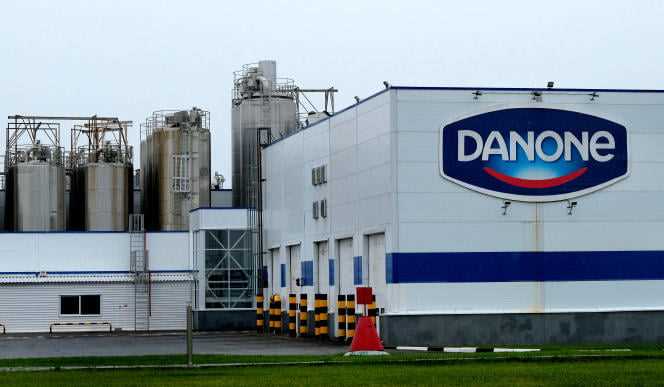It was on tiptoe that Hermès was the first, on Friday morning March 4, to announce its decision to suspend its activity in Russia. Without issuing a press release but through a “post” on the professional social network LinkedIn. In the evening, Chanel made a similar decision because “complexity to operate” in the country. The two biggest French luxury players followed, a few hours later: Kering, the group chaired by François-Henri Pinault, and LVMH, the world number one in the sector, owned by Bernard Arnault, first fortune of France, also announced to close “temporarily their shops”. Given the calls for withdrawal that these global brands were facing from all sides, especially on Instagram, and the impossibility of importing products, leaving their stores open in the country was becoming difficult to sustain.
These luxury groups thus become the first major French companies to make such decisions since Russia sent its tanks to Ukraine. Elsewhere in Europe and in the United States, every day since the beginning of the war led by Vladimir Putin, multinationals are distancing themselves from Russia. The British oil groups BP and Shell and the American ExxonMobil, the car manufacturers Jaguar Land Rover, Volvo, Toyota and Volkswagen, the Italian insurer Generali, Ikea, or even Apple, Disney, Microsoft and Meta, have in turn decided to leave the country, suspend their activities or close their representative office.
Against the current, the tricolor groups had until then sought to maintain themselves in Russia, like TotalEnergies (ex-Total). On Friday, boats operated by the company, loaded with Russian gas, continued to ensure deliveries to Europe. Total’s interests in the country are numerous. The group is a shareholder of the Russian gas giant Novatek at 19.4% – where it rubs shoulders, in the capital, with a close friend of Vladimir Putin, Gennady Timchenko, targeted by European and American sanctions. TotalEnergies is also active in several major projects, particularly in Siberia. In 2020, 17% of its oil and gas production, and 24% of its reserves, were on Russian territory.
After recognizing that“there is now a problem of principle in working with any political or economic personality close to Russian power”, the Minister of the Economy, Bruno Le Maire, spoke on Wednesday with the CEO of TotalEnergies, without anything filtering from their exchange. The same day, on the antenna of France Inter, the vice-president of the European Commission, Frans Timmermans, encouraged the group to cease its activities in Russia. A position also defended by several French parliamentarians, from left and right. Under pressure, the group led by Patrick Pouyanné contented itself with assuring that it would not undertake a new project in Russia and that it “condemns Russia’s military aggression against Ukraine”. Total’s attitude surprised in the world of energy, where several observers point out that the company benefits in many countries from the support of French diplomacy and intelligence, particularly in conflict zones such as Mozambique or Yemen. .
You have 51.5% of this article left to read. The following is for subscribers only.
